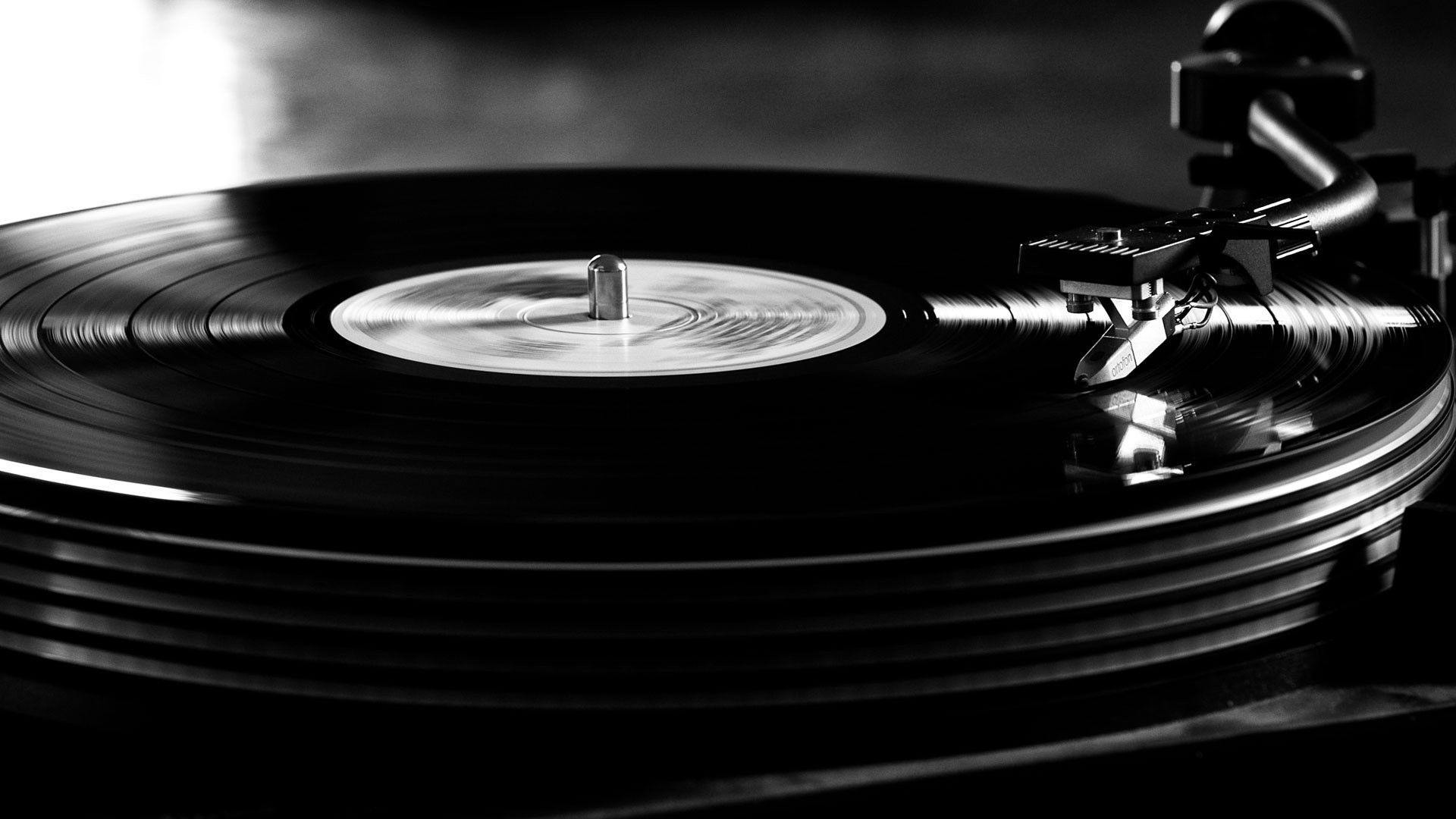To listen to music or not - that is the question

Obviously, CNET's blogger Jeffrey Morrison thinks music brings more enjoyment if you use it as a backdrop to other activities. Connoisseurs of quality music feel differently.
Geoffrey Morrison’s CNET article “Musical multitasking: how music“ against the background "improves life" made me go through some changes yesterday [ Read the original article by Jeffrey Morrison, read here - approx. trans. ]. He spoke of many things that, in my opinion, are absolutely erroneous, but I will start with this: “I don’t understand people who don’t listen to music all the time. I listen to it while I work and turn it on in the car. I listen to music on the way to the store or while walking through an unfamiliar city. Music gives new impetus to almost everything I do and improves life. ” Sure why not? Although he neglects concentrated listening, I think that background music is not enough “for better life”. Supporting Morrison’s encouraging idea of not concentrating on music is almost the same as telling an eight-year-old nephew that you don’t have to eat vegetables, because ice cream and candy are much more nutritious. What nonsense!
')
The problem with background listening is that it is a habit. You get used to it to such an extent that the very assumption that you might enjoy the music more fully, if you suddenly stop talking, typing messages or performing any other parallel actions in any way, is puzzling. Morrison’s judgment that music does not deserve your full attention is disrespectful to the musicians who created it. Maybe they have been debugging the composition for weeks or months, fighting over every detail that will go unnoticed by the majority of “listeners”.
So, if you have never really focused on your favorite music, do this simple experiment: in a quiet room, just listen to it for ten minutes with your eyes closed. Who knows, maybe the more attention you pay to listening to music, the more you will want to concentrate on it.
As I said, listening in the background is a habit: even at live concerts, a significant share of the audience either speaks or “listens”, having buried in their devices. The music is playing somewhere in the background, while the main focus of attention is here , under the nose. Thus, even if people pay a lot of money for a ticket to a Radiohead concert, Tom Petty or Arcade Fire, their music remains "in the background", partially being present only in quickly passing impressions of the concert, which, in fact, passed by.
Before the ability to record music changed the musical world, music was played live, people themselves created it - and, of course, it was not the background, it was in the foreground. People created their own music, they sang and played musical instruments at home, and most of humanity had never heard the best of musicians. They played for kings and other rich citizens. For ordinary people, music was only available thanks to him.
Radio and records have changed this and brought into the daily life of ordinary people the voices and melodies of the best performers. First, the music entered their house, then they began to include it in the car - and everyone was fascinated and delighted with what they heard. When a person liked a melody heard on the radio, he would go and buy a record with this song. That's right: it turned out that the music had - just imagine! - its price . Musicians earned by recording their music, so they released more and more records.
I do not presume to say that everyone was fascinated by music all the time, of course not. Music played in the background at parties, in the car, while reading or any other activity. But in their free time, people who liked music listened to it for real. And this is quite unlike what is happening now.
A few years ago, I interviewed a small group of guys who recently acquired their first players. All in one voice said that listening to music from vinyl, they stopped doing parallel things and just listened. Most were not interested in high quality and did not consider themselves music lovers, but vinyl changed their attitude to music. That is, they actually began to listen to her. And if you listen to music as often as possible, most likely, you will start to care exactly how it sounds. And if you don’t listen, then quality really doesn’t really matter. Maybe that's why these little lousy Bluetooth speakers are so popular: no one really listens to them.
I talked with my brothers - eighteen Aiden (Aiden) and Sean (14), both of whom only recently turned to analog music. Aiden likes the ritual: remove the plate from the case, place it on the turntable of the player and put the needle in the groove. He says that "it makes listening special and because of this you start to appreciate music more." Without any prompts on my part, Aiden noted that it is much easier for him to distinguish the play of each instrument individually, if he listens to music on a record, and not in any other format. He also added that "this is a huge advantage." Sean confessed that when he listens to music on an iPod, sometimes he gets bored and he skips some songs, but with a record that doesn't work.
Analog music is not perfect, but it conveys better the emotional message that is embedded in the music, and this is the main reason why the record becomes more difficult to ignore. The fact is that rarely do people listen to digital music just like that, without doing something in parallel. Obviously, digital music is not able to attract and retain the undivided attention of the listener.
Source: https://habr.com/ru/post/232595/
All Articles